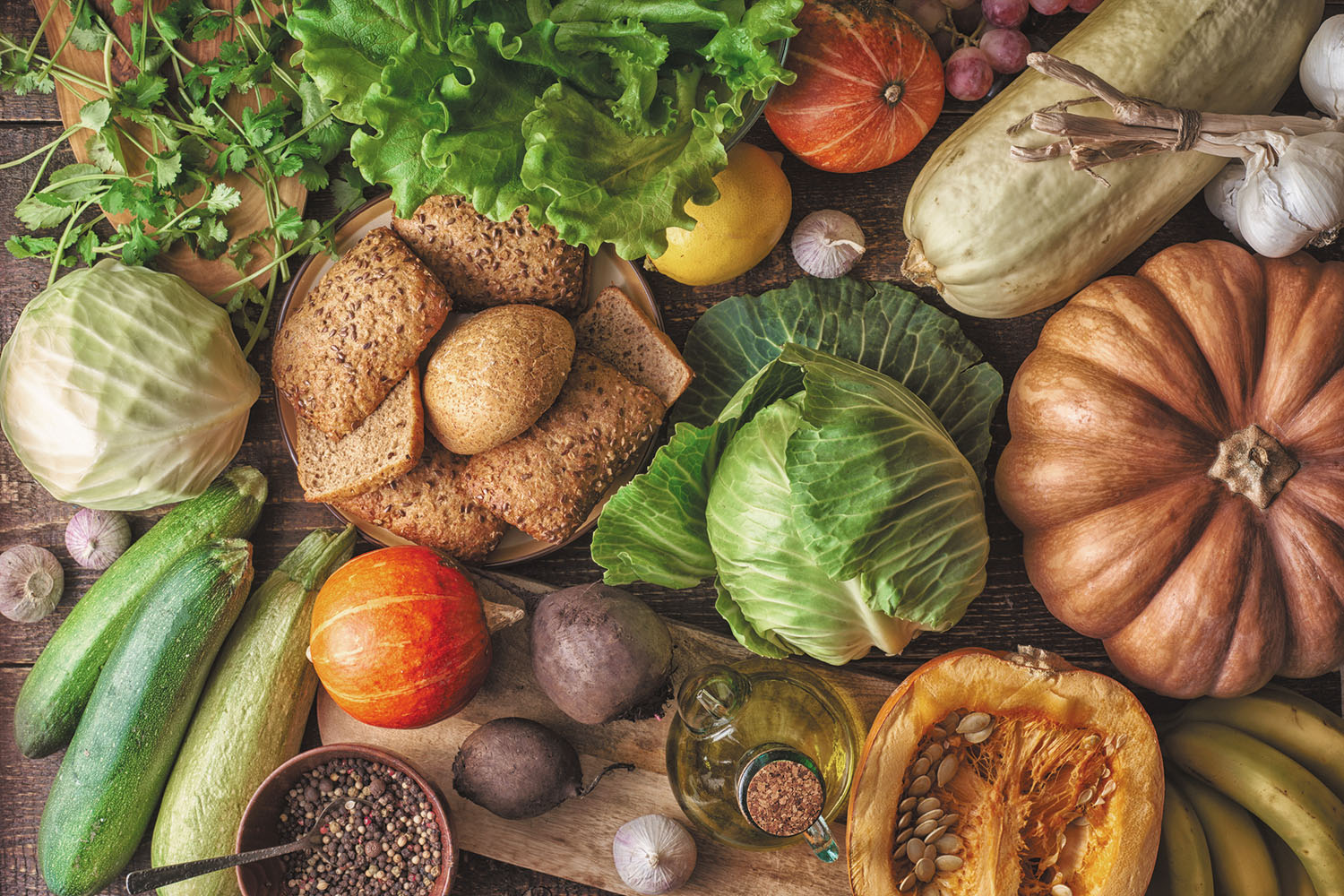Many people suffering from chronic inflammation and constipation often ignore these issues simply because they don’t know what to do. Most likely they don’t eat properly and eat too many carbs and not enough healthy gut foods. t. Not drinking enough water and not getting enough fiber can also be to blame.
People with gut issues often don’t listen to what their bodies are trying to tell them. Fortunately, it’s never too late to fix this issue and start doing certain things that can help you heal your gut and ensure happy digestion every day:
1. Drink plenty of fluids
Hydration is super important for your overall health. There is actually a specific amount of water each person needs to drink. Luckily, there’s an easy formula to calculate how much water you need to drink.
To calculate how much water to drink take your weight and divide it by two. This number is the amount in ounces of water you should drink daily. Let’s say you weigh 150lb. Divided by 2 that number is 75. This means you need to drink 75 oz of water a day.
Drinking enough water is essential for fiber to work properly in your digestive tract.
If you get sick of water and want to mix it up- drink tea. Consuming one or two cups of green or herbal tea without sugar a day is also a good way to stay hydrated and get phytonutrients that boost your immune system.
2. Eat more fiber per day
High-fiber foods help restore bacteria balance in the gut and improve conditions like constipation, IBS, and hemorrhoids.
If you are a man you need 38 grams per day, and at least 25 for women. The good news is that it’s easier than you think to meet those goals. For example, one cup of cooked black beans contains about 15 grams of fiber. Foods such as raspberries, almonds, sunflower seeds, artichokes, beans, lentils, apples, peas, and pears are full of dietary fiber.
3. Drink herbal teas
Herbal teas support digestion and combat bloating and gut inflammation. The most beneficial teas include peppermint, aniseed, ginger, fennel, dandelion, artichoke, citrus fruits, melissa, and chamomile. Chamomile is especially effective as it can help reduce indigestion, diarrhea, nausea, and gastrointestinal irritation.
4. Don’t forget to feed your gut bacteria
Probiotics and prebiotics contained in fermented foods can raise the levels of your good gut bacteria. These good bacteria have been shown to help reduce constipation, fight digestive diseases, and minimize symptoms of irritable bowel syndrome. Add fermented foods to your diet (sauerkraut, tempeh, yogurt, and kefir) to get these amazing benefits. Natural prebiotics is found in garlic, asparagus, onions, and leeks.
5. Eliminate processed carbs from your diet
Processed carbs like white sugar, instant oatmeal, and high-fructose corn syrup negatively impact your gut microbiome as they raise levels of bad bacteria. Refined sugars can provoke an overgrowth of bad bacteria in your gut, while refined grains are able to raise the risk of stomach, colorectal, and upper-digestive cancers.
6. Try yoga
Yoga can improve blood circulation around the intestines, reduce symptoms of irritable bowel syndrome, promote gut function, and decrease tension and abdominal pain. You can try digestion-friendly poses such as hands-to-feet pose, triangle pose, cobra pose, seated forward bend pose, fish pose, and locust pose.
7. Start eating beets
Beets contain powerful antioxidants and can decrease inflammation. Plus, studies claim that these vegetables can reduce the risk of precancerous lesions in the colon. You can eat them alone, add to salads or combine with fruits.
8. Consume more leafy greens
Leafy greens like spinach, Swiss chard, and kale are great sources of fiber and thus can help improve your digestion and protect the gut. They also contain thylakoids which can regulate glucose uptake and help you feel fuller longer.
9. Try to avoid broad-spectrum antibiotics if possible
Regular intake of antibiotics, especially broad-spectrum antibiotics, kill all the bacteria in your gut. This includes good and bad bacteria. Therefore, if possible, try to avoid frequent intake of broad-spectrum antibiotics.

